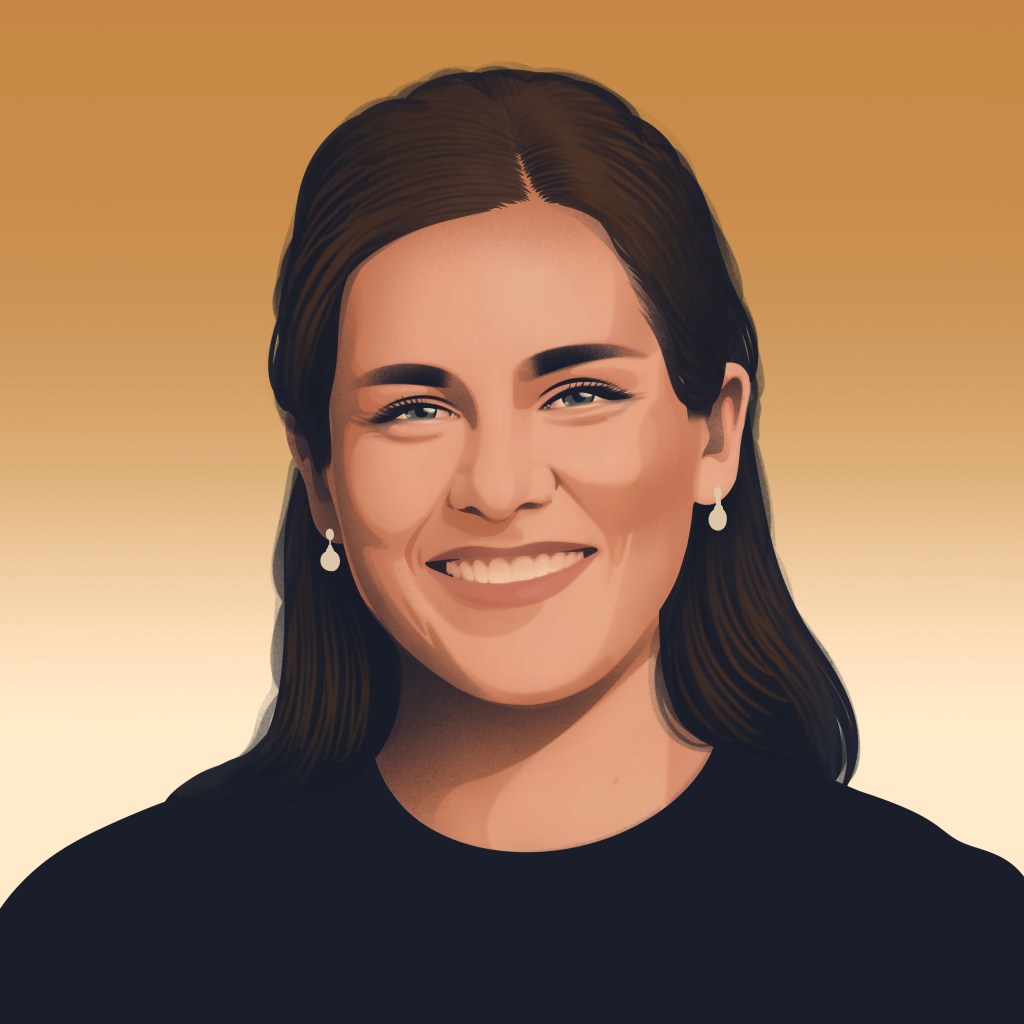Forbes Australia picks out the three Aussie entrepreneurs who are making waves in the startup space right now.
Kismet

Aussie entreprenuer Mark Woodland first pitched his idea for a business to streamline aged care and disability services in 2010. It got nowhere, so instead, he did something similar, launching Xplor – a software platform for childcare centres.
He sold that business in 2020 with a reported valuation of $100 million and thought he’d retire, but the old idea kept coming back. So, he began his newest business, Kismet, last year.
Kismet started working with the NDIS, giving providers a view of what participants were doing across the whole system, which allowed everyone to see how much was being spent, thus avoiding fraud.
It has a digital check-in system and features that simplify booking appointments and leaving reviews with an online market of 27,000 providers.
Kismet raised $4 million earlier this year with pre-seed backing led by Airtree Ventures, with angel investor Daniel Petre, Black Nova, and Flying Fox.
“We get excited when a founder comes to us with an idea that uses tech to transform the lives of everyday Australians,” AirTree partner Elicia McDonald told Forbes Australia. “We see a future where Kismet becomes a household name, scaling its tech to help millions access the care they need.”
Forage

Tom Brumskill and Pasha Rayan started Forage in 2017 to help even the playing field for students with disadvantaged backgrounds. Pasha, raised by a single parent, and Brumskill, from a rural upbringing, had first-hand experience with limited opportunities and inequity.
Forage began as a humble mentoring start-up, but along the way, the team saw a chance to further democratise work experience – by doing it virtually. The platform now offers more than 70 work experience programs across various industries.
They act as self-paced job simulations accessed digitally and are 100% free. Forage has more than 3.5 million students globally, and this innovation has earned the platform more than 400 university partnerships.
More than 150 global companies use the virtual work experience software, including BCG, Pfizer, Deloitte, and Commbank. In 2020, they raised $9.3 million in a Series A funding round and followed it up with a $35 million Series B round in 2021.
Investors in Forage include Blackbird Ventures, Lightspeed Ventures, Y Combinator, and H2 Ventures.
Partner at H2 Ventures, Ben Heap, told Forbes Australia that “Forage has reframed the graduate recruitment experience around the world… Forage is indicative of the healthy and vibrant Australian venture landscape.”
Diolog

Amy Benson knew there had to be a better way of conducting investor relations when, in a previous role at a private equity firm, she saw how traditional lines of communication fostered distrust and miscommunication.
So, in July, she launched Diolog, the world’s first two-way investor communications software. The platform is intended to strengthen trust and facilitate increased engagement traditionally lacking in investor relations.
Shareholders can talk to or text companies using a mobile app, and companies have an opportunity to handle communication in one designated space efficiently.
The companies on the platform have approximately 10,000 shareholders combined and span industries including tech, insurance, private equity, and medical.
“As an investor, I experienced the one-way communication pattern first-hand, and I didn’t feel listened to,” Benson says. “We need to reduce friction and barriers to entry, open up investment opportunities and support the Australian economy.”
The company has been self-funded but told Forbes Australia that it plans to open its seed funding round in Q4 of this year.
Forbes Australia Issue 7 is out now. Tap here to secure your copy.


